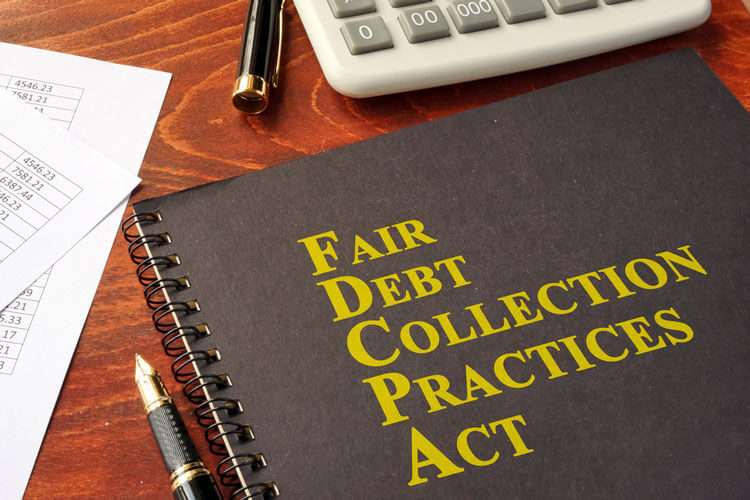The laws protecting consumers have never been more important than in this past year. Many people are facing financial turmoil and are behind on numerous payments. That means the door for debt collectors to prey on consumers. Creditors and debt collectors are stepping up their efforts to collect on what they say is owed. Unfortunately, the financial turmoil people are facing has also increased the prevalence of scams for debts that people don’t owe.
Tactics from Debt Collectors
The COVID-19 pandemic increased consumer complaints substantially. There were more than 53,000 complaints for the year. This was a rise of 8% from 2019.
These scammers will do whatever they can to get money from consumers. Debt collectors claiming consumers owe “phantom debts” is a strategy that really caught on in 2020. With these phantom debts, the debt collector will claim that the consumer owes a debt, and will face penalties if they refuse to pay.
There are clear signs that a debt collector may be operating illegally. These include violating the Fair Debt Collection Practices Act (FDCPA) in an obvious way by calling at times when they are legally not allowed.
If you receive calls from debt collectors that you believe violate the FDCPA, try your best to get the caller’s information, seek proof of the debt, ignore potential threats and seek legal guidance.
Consumer Protection Attorneys
Maginnis Howard handles FDCPA claims all over the state of North Carolina. If you have questions about laws protecting consumers or believe you need the assistance of an attorney, contact our firm.
You can reach us by phone at (919) 526-0450, by email at info@carolionalaw.com, or through our contact page.






